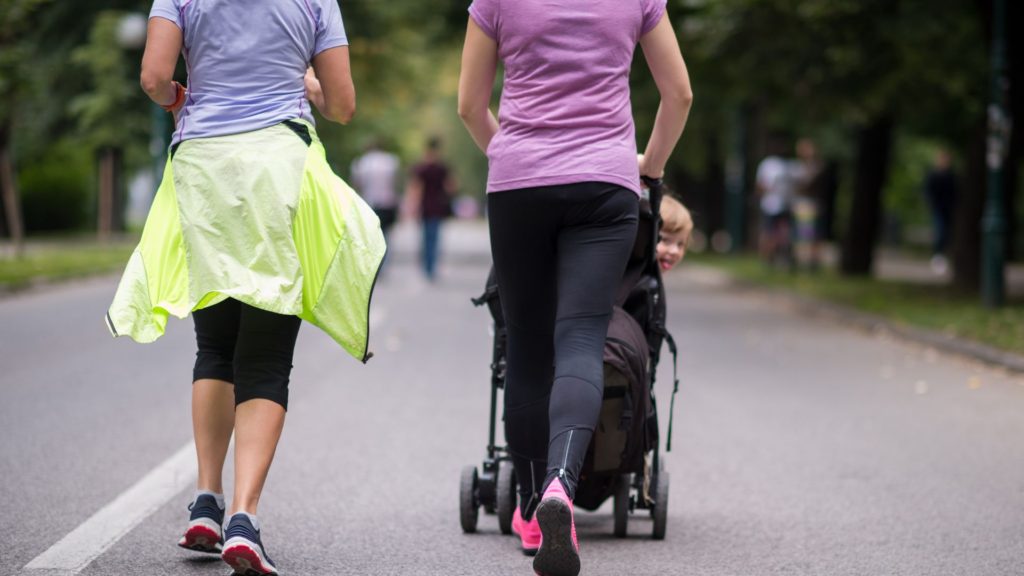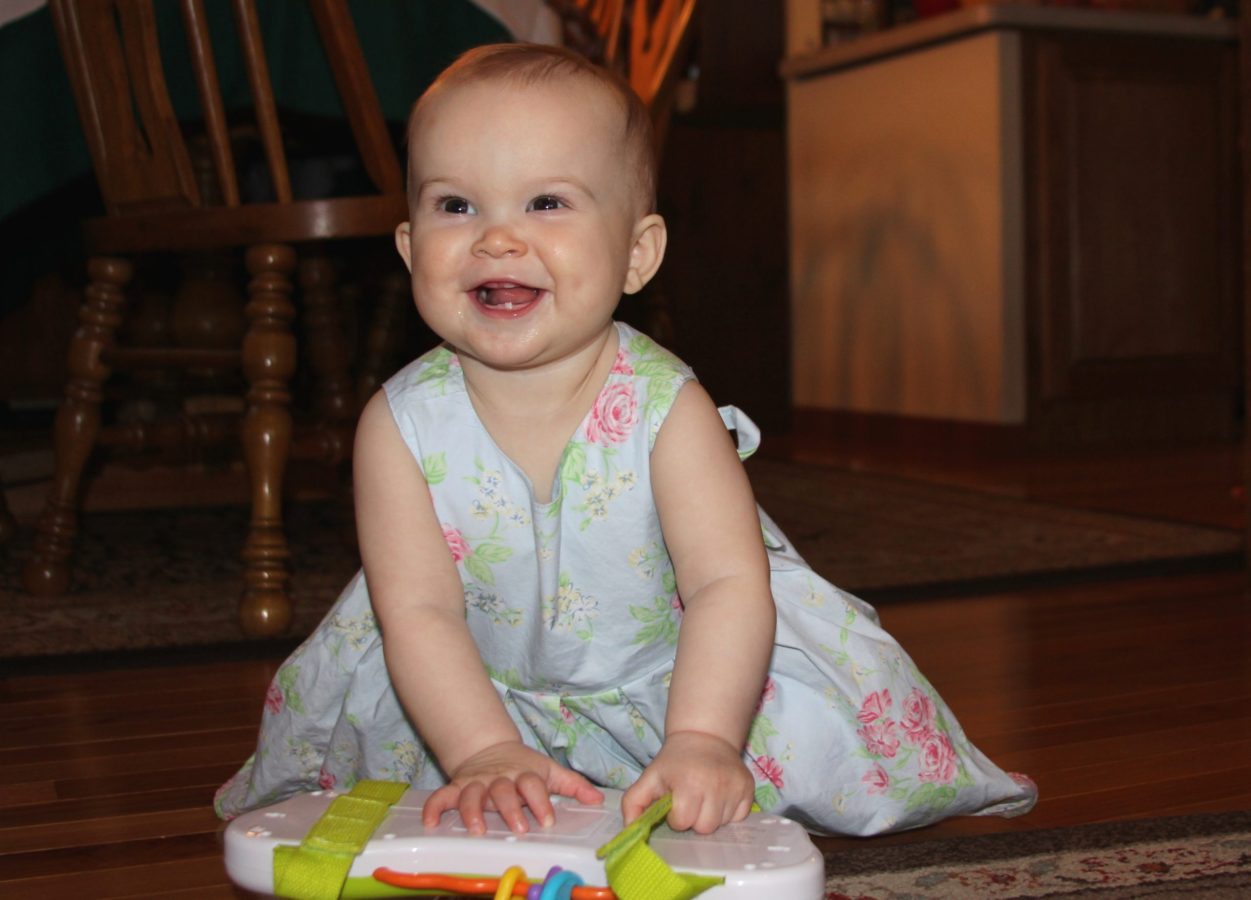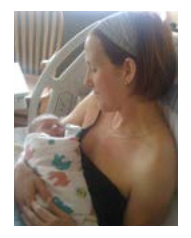Running has always been therapeutic for me. I’ve been a runner for more than 20 years — and the lead therapist for the Health Partners Regions Hospital Running Program for the past eight.
So when I became pregnant for the first time, I wanted to be able to continue running as much as my body allowed.
After a successful delivery, I was ready to pick back up where I left off.
Or so I thought.
I took six weeks off after having the baby, and then decided to try running a couple of miles.
I was surprised at just how difficult it was. I couldn’t run for more than five minutes continuously due to discomfort; and I got really discouraged at first. Then I sat down and came up with a plan to get back on my feet.
Having experienced the highs and lows of running after pregnancy, here are some key takeaways to help you get back up and running:
Slow and steady wins the race
The first thing I had to remember was that my body had been through a lot. Not only were there changes from pregnancy and childbirth, but my level of conditioning also wasn’t quite as good because I’d been unable to maintain my baseline level of fitness while pregnant. The solution wasn’t to try and push through the pain, but to take a step back.
I focused on a slower run-walk progression, gradually building back up my endurance. I also made sure to do core and leg exercises to work on building my strength back up to my pre-pregnancy level.
My colleague, Dr. Heather Cichanowski, is an orthopedic and sports-medicine specialist who co-founded the Regions Running Program with me eight years ago. She and I both frequently find ourselves educating runners to follow the 10 percent rule. This means not increasing your distance or duration by more than 10 percent each week in order to prevent overuse injuries.
Fuel your body
While the physical aspects of your running program are crucial, the nutritional elements are equally important, especially for new moms.
Pregnancy and breastfeeding require an increased intake of calories, calcium and protein. The same can be said for runners. That’s why it’s important to look at your diet and make sure you’re providing your body with the fuel it needs to succeed.
According to Dr. Cichanowksi, the average person burns 90 calories per mile when running. Considering the amount of energy and calories that a woman burns from breastfeeding (roughly 300 to 500 calories per day), it can be very easy to underestimate the calorie intake you need to maintain your strength.
In addition, nursing mothers need roughly 20 more grams of protein per day than women who don’t nurse, while runners need around 50 percent more protein than non-athletes.
Respect your body
Another lesson that I had to learn is that some exercise is better than none at all.
Many new moms get frustrated because they’re used doing longer, more consistent and more aggressive workouts than they’re able to do now that they have kids.
It’s important to keep in mind that life changes may challenge your ideal routine, but finding a way to work out consistently is what’s most important. Infrequent intense exercise versus moderate regular exercise can put you at an increased risk for injury.
My average workouts right now are around 20 to 30 minutes, and some of them include my kids. Not only am I getting a workout, but I’m promoting a love of exercise in my kids at an early age.
I try to do a variety of exercises as well including running, walking, yoga and strengthening; this variety of exercise can also lead to a decreased risk of running related injury.
Another thing to remember is that you should listen to your body. If you’re feeling hurt, beyond normal post-workout soreness, take a few days off before running again. You can use an elliptical or try swimming as an alternative.
While sometimes mild pain may subside on its own, it’s important that you don’t ignore potential warning signs of injuries.
As Dr. Cichanowski will tell you, if the pain hasn’t gone away after a few days, or if it’s focused on a specific area, you should consider seeking treatment from a specialist.
Last but not least, it’s important to remember that running isn’t just good for the body, but for the mind, too. It’s so important as a mom to find some time in the day for yourself.
Indeed, working out is my “me” time and it makes the day so much better.
Dawn Altstatt, a physical therapist, and Dr. Heather Cichanowski, co-founded of the Regions Hospital Running Program eight years ago. They offer evaluations, running analyses, treatment, education and training to help runners improve their skills and avoid injuries. To schedule an appointment with Dr. Cichanowski, call 651-254-8300.


















